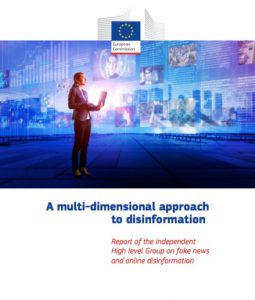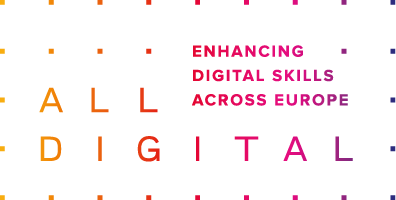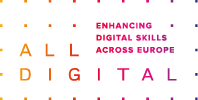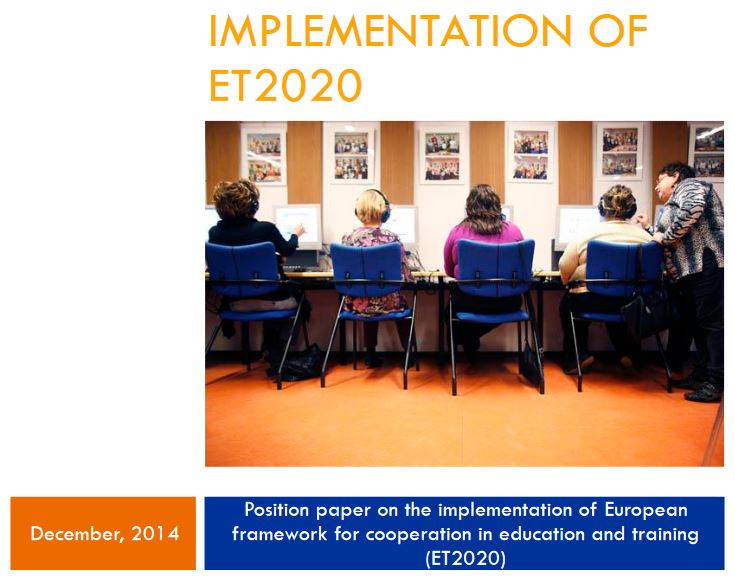13 Mar HLEG report on fake news
13 Mar, 2018
 On 12 March 2018, the High Level Expert Group on Fake News (HLEG), set up by the European Commission in January 2018 to advise on policy initiatives to counter fake news and disinformation spread online, published its final report on Fake News and Online Disinformation. The report outlines five pillars of action to counter this phenomenon:
On 12 March 2018, the High Level Expert Group on Fake News (HLEG), set up by the European Commission in January 2018 to advise on policy initiatives to counter fake news and disinformation spread online, published its final report on Fake News and Online Disinformation. The report outlines five pillars of action to counter this phenomenon:
- enhance transparency,
- promote media and information literacy,
- develop tools for empowering users and journalists to tackle disinformation,
- safeguard the diversity and sustainability of the European news media ecosystem, and
- promote continued research on the impact of disinformation in Europe.
Of special interest for ALL DIGITAL is the promotion of media and information literacy, which, considering the strategic importance of this pillar, cannot be limited to young people, following the HLEG opinion. Media literacy has to be considered an essential part of lifelong learning which aim is to help people develop critical thinking and good personal practices for online discourse.
The HLEG calls for a massive improvement of media and information literacy in school education as well as in teacher training curricula. To better achieve these objectives, the report aims to add media and information literacy to the competencies assessed in the OECD PISA rankings.
Among the HLEG recommendations to achieve the improvement of media literacy across the EU, there are:
- promoting a reassessment and adjustment of educational policies
- supporting media and information literacy programmes for citizens of all ages.
We support the first action, which asks for the inclusion of media and information literacy in the list of EU key competences for life-long learning. The key competences are a long-standing reference for all future educational and curricula reforms in EU and Member State levels. Thanks to this, it would be possible to formulate coherent policies and responses in view of the rest of HLEG’s recommendations.
We agree with the second action, which promotes an efficient media and information literacy supported by best practices and evaluation, calling for more collaboration among institutions, authorities and stakeholders as well as an appropriate funding programme. The HLEG calls not only for a vertical collaboration but also for a horizontal one, enhancing a strong regional network.







